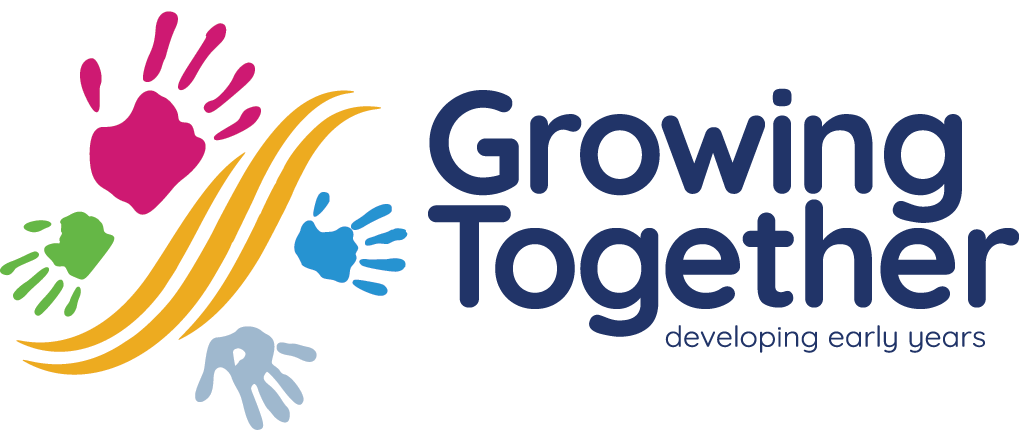Using Your Curriculum to Promote Oral Health in the Early Years
This is part two of our blogs on oral health and the revised early years framework. In this blog we are going to focus on how we can use our curriculum to support oral health in the early years. So firstly, let’s consider what do we mean by curriculum? In its simplest terms our curriculum is what we want children to learn. This includes the programme, methods, and activities that we choose to implement our curriculum; to ensure that children meet the learning intention highlighted in our curriculum.
So, let’s consider – what do we want children to learn about oral health within the early years? It might be that you choose to base these on statements within development matters or birth to five matters. Or it may be that you want to come up with broader terms, such as those below.
“Our curriculum is designed to support teaching and children learning about oral health through a play-based and hands-on curriculum. We want children to learn about how to look after their teeth and the importance of good oral hygiene. Our curriculum is designed to support children’s learning and development in a holistic way, so that they develop good routines around oral hygiene and a healthy relationship with food. As a setting our curriculum embeds learning and developing oral hygiene through our everyday interactions and routines, as well as our short-term and long-term planning. “
Below are a few ideas of what you might be interested in doing as activities or experiences as part of your curriculum to support oral health in the early years:
1. Singing songs about brushing teeth and practising the circular motion that we use as we brush our teeth by doing actions.
The toothbrush on the teeth goes round and round,
round and round,
The toothbrush on the teeth goes round and round,
all day long.
(To the tune of the wheels on the bus)
2. Sharing books and stories about going to the dentist (keep an eye out for our upcoming blog ‘Review of Top Ten Books to Promote Oral Health’)
3. Tuff tray play -brushing fake teeth or small world animals’ teeth using toothbrushes and toothpaste.
4. Draw on plastic blocks with whiteboard markers and use a toothbrush and toothpaste to clean of the marks.
5. Get children familiar with the circular motion of brushing teeth big style, using those gross motor skills using toothbrushes to mark-make in shaving foam, coloured sand and paint.
6. The egg experiment – boil eggs and pop them in different fluids for a few days, for example, coke, coffee, milk, water, juice, and squash. Talk about how the outside of the egg is like the enamel of your teeth, observe and talk about what has happened to the enamel and what those different things do to our teeth.
7. Make an interactive display showing and measuring out how much sugar is in different common foods and drinks.
8. Encourage children to join in cooking and making healthy snacks and foods and talk about the benefits of the different foods to our health.
9. Heuristic play – all types of brushes basket. For toddlers and preschool children consider extending heuristic play by having a brush themed basket. For example, hairbrush, toilet brush, pastry brush, toothbrush and so on. As children explore the basket it gives you the opportunity to open discussion about purpose and function of different objects.
10. Have a dentist or dental nurse come and visit your setting and talk about their job role.
Do you want to find out more about the revised framework, your curriculum or pedagogical approach? You might be interested in some of our upcoming webinars below:
· Understanding Your Curriculum
· The Relationship between Pedagogy and Curriculum
Keep an eye out for our next blog in our oral health in the early years series…

